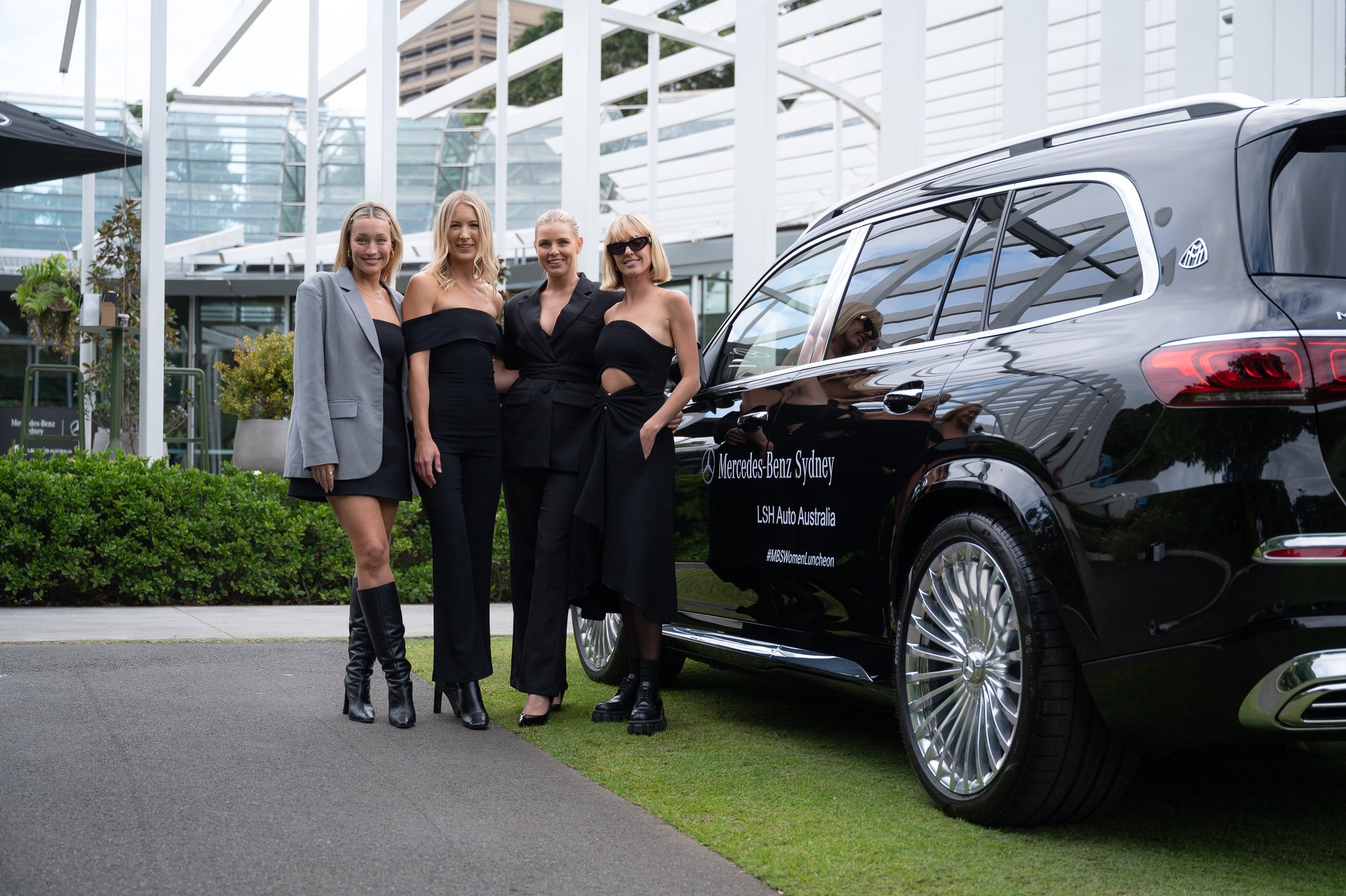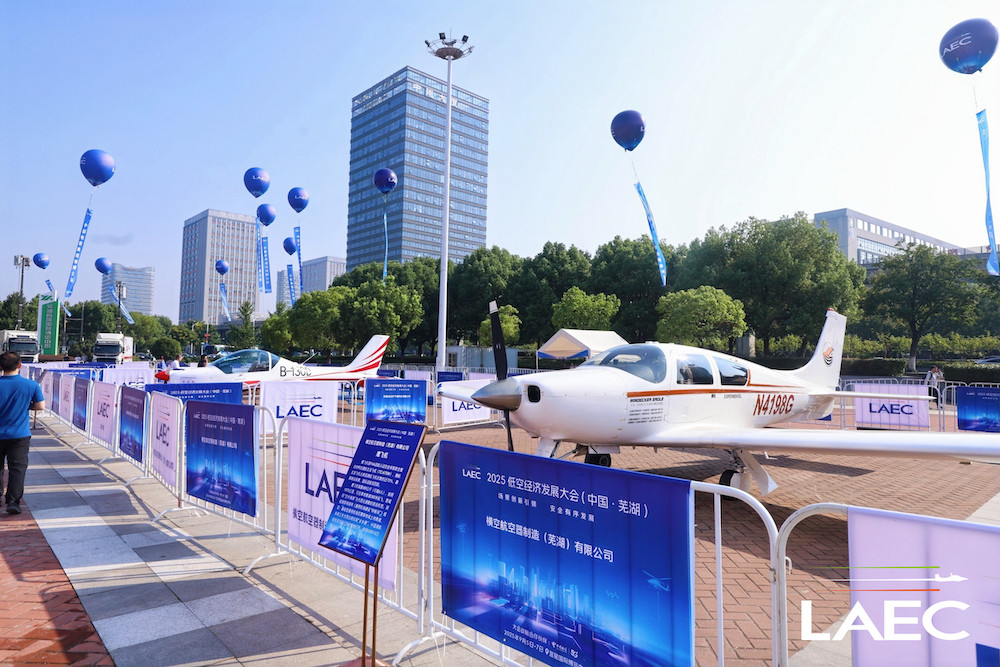A day outdoors is the standard practice for most companies planning a team-building session for their employees. But when the next one comes along, it may be worth exploring the benefits of holding your activity inside.
According to Dave Belcher, managing director of Thailand-based Making Teams, an indoor venue like a conference room lends itself well for seminar-style programmes where learning is the key emphasis of the whole experience.

This doesn’t give the programme licence to be dull, however. Making Teams has a portfolio of indoor team-building activities that offer as much fun and challenges as those devised for open-air venues.
The secret is inserting a competitive element into the whole session. “Winning is always exciting and motivating. You always see participants getting competitive,” Belcher tells Mix at IT&CMA in Bangkok last October.
TV Inspiration
 One of the company’s popular indoor programmes is “The Apprentice”, based on the hit reality TV show hosted by business magnate Donald Trump. Divided into teams, participants are tasked with completing a business challenge by the end of the day – from coming up with a new brand and products to managing events and projects.
One of the company’s popular indoor programmes is “The Apprentice”, based on the hit reality TV show hosted by business magnate Donald Trump. Divided into teams, participants are tasked with completing a business challenge by the end of the day – from coming up with a new brand and products to managing events and projects.
“It is great because participants actually work on a business project which may be close to their own team’s mission and vision,” says Belcher. “The Apprentice is novel and fresh as it sets clear business targets under time pressure, which make it very dynamic and competitive. It also gives them a chance to work on something totally outside their normal working day, but still learn skills to apply to their jobs.”
Another programme inspired by a reality TV show is “Top Chef”, where participants in each team have to race against the clock to produce a complete Thai meal from beginning to end. After an orientation from experts, each team must buy the ingredients from the local market, cook the dishes on the day’s menu and set up the tables in the manner of a professional restaurant.
“In these types of challenges, the major attraction is the ability to learn new skills such as cooking – and in the case of our ‘Let’s Spa’ programme, it’s learning about massage techniques,” says Belcher.
Putting Fun Into Seminars
Belcher notes that three major factors typically lead a company to conduct an indoor team-building session: location, time constraints and an objective of real change within the team.
If a workshop is to be hosted in a city like Bangkok, there are less choices for outdoor activities – and when coupled with limited time, a city-based hotel is usually chosen as opposed to travelling to a site an hour or so out of town.

If a company expects to get something more substantial from the team-building experience, Belcher is of the opinion an indoor programme is best. “Outdoor and adventure events such as ‘Amazing Race’ and ‘Survivor’ are great. They are fun and less formal activities ideal for incentive groups,” he says. “However, if teams really want to learn to improve and become more coherent, an indoor seminar is ideal.”
Making Teams has a number of indoor seminars designed to help foster leadership and teamwork – DISC, for example, a psychometric behavioural tool that helps people understand themselves better and lets them know why they behave differently in different situations. It is great for personal improvement workshops as well as leadership and management training.
“DISC is very popular and it is always engaging. People love to learn about themselves and others,” says Belcher. “The seminar is integrated with fun and practical experiential activities to reinforce the learning points, and illustrate the ways that the skills can be put into place within the teams and the business.”
Some of the companies that have undertaken Making Teams’ DISC programme include Emerson Network Power Singapore, DHL Asia and BASF. “Indoor activities give you the chance to study the theory and practice of teamwork, leadership, high performance and other important skills,” Belcher points out.
A challenge for Making Teams is lack of time, as most activities only run for one day or less. “This means we have to achieve results fast,” says Belcher. “We always hold a debriefing at the end of the day to discuss the set goals and targets, then we talk about the next steps.”
CONTACT Making Teams
TEL +66 77 248 228
EMAIL dave@makingteams.com
WEBSITE www.makingteams.com
Gigi Onag


